The HTC 10 Review
by Joshua Ho on September 19, 2016 8:00 AM ESTStill Image Performance
Now that we’ve discussed the basics of the HTC 10’s camera we can discuss the kind of output that it gives. Due to various constraints it’s difficult to make a test that provides a stimulus that is time-invariant, so we’re effectively stuck with testing that attempts to control for this time-invariance by reducing the gap in time in relative comparisons. Just about the only test that can be reliably controlled for is the ISO chart, and even then differences in exposure time will necessarily mean differences in noise. If you can’t tell already, these results are not exactly scientific but will allow for at least some reasonable ability to come to some kind of conclusion about camera performance.
Starting with the ISO test chart we can see that the HTC 10 generally doesn’t have obvious haloing unless you look closely, which is kind of a shock considering just how heavy-handed the image processing was on the One M9 which basically threw away its 20MP sensor as far as detail went due to this heavy-handed image processing. Talking to those in the industry I get the sense that HTC overcame a fairly significant cultural barrier in order to make this happen and it’s good to see that they’re able to do this in order to make a better product.
However, while detail in the center is better than what you might find in the Galaxy S7 or iPhone 6s, the HTC 10’s edge detail is really concerning. There’s a lot of defocus at the edges which I suspect is a function of the 26mm effective focal length and f/1.8 aperture. It’s clear that HTC’s ID team cares a lot about reducing the camera hump here but I think reducing aberration and getting closer to 28 or 30mm equivalent wouldn’t make the camera hump appreciably worse and would allow for better performance here. I think the optics are probably the main weakness here which is a bit disappointing.
| Daytime Photography |
Looking at some landscape photos it's worth noting how the HTC 10 seems to consistently meter the whole scene evenly rather than assigning a strong center weight so in photos like this scene it's obvious that the scene is overexposed. Putting that aside the HTC 10 does generally capture more fine detail than the Galaxy Note7 which is likely at least partially due to the larger sensor. Edge detail isn't as sharp though, which is at least partially because HTC's image processing doesn't have strong sharpening like we've seen in previous launches.
It's worth mentioning here that the HTC 10 was not necessarily the best camera at launch. While I wasn't able to do in-depth characterization, it's clear to me that anyone that reviewed the camera with launch software would have a very different view of how the camera performed than anyone that would be using the camera now.
To try and highlight what I mean we can look at one of the first photos I ever took with the HTC 10, which had some fairly obvious aberrations. If you look at the fuel door and the rear fender there are some obvious bright spots. These sorts of issues were fairly common in the image processing of the camera until a month or so after the device had been released. At the time the HTC 10's camera in rare situations could produce a better photo than the Galaxy S7, but after a few updates to the image processing and other parts of the camera software I would say that detail produced by the camera is fairly consistently better on the HTC 10 in daytime conditions.
What most of the photos won't highlight in this sort of standardized tripod testing is just how good the HTC 10 is for macro photos. The large pixel size and wide aperture allows for some really impressive bokeh if you can get close enough to the subject. The Note7 and 6s are both capable of doing the same sort of thing, but it's not nearly as well-defined as it is on the HTC 10 because of the aperture and pixel size.
| Low Light Photography 1 |
In this scene we can see that the HTC 10 manages to capture more detail and manages to capture the fluorescent lighting a bit more accurately, but it's obvious that the optics of the HTC 10 is leading to more noticeable aberration around things like bright lights. In the shadows HTC's noise reduction is clearly not quite what it needs to be either as there's more color noise.
| Low Light Photography 2 |
In the next scene the HTC 10 manages to get the color of the sodium lamps a bit more accurately than the Note7 but actually isn't as correct as the Galaxy S7. I would say that the detail here is also better as the Note7 really has a fairly strong oil painting effect that obsfucates a lot of the finer detail here.
To provide some perspective on what the scene really looks like I took a photo of this scene with a Nikon D7000 using Adobe Standard color profile and auto white balance which really shows just how orange this scene is.
| Low Light Photography 3 |
In this low light scene again we can see that the HTC 10 produces better detail than the Note7. I've done a lot of side by side tests with the Galaxy S7, Note7, and HTC 10 at this point and it's genuinely surprising how in some situations HTC has clearly better image processing than the Note7. I would say that the output here is significantly better than the 6s and 6s Plus which are strongly constrained by z-height.
Looking at the long exposure RAW processed in Lightroom the HTC 10 clearly shows that the optics are really not quite up to scratch when it comes to handling point light sources though as the street lights on the left edge of the photo show streaking that happens despite wiping down the cover lens with a clean cotton cloth.
| Low Light Photography 4 |
Out of all the scenes I tested so far I think this one really highlights some of the weaknesses still present in the HTC 10's camera. I think a lot of the reason why the HTC 10 is perceived as having dark photos in low light is really more a function of how HTC tends to really compress the brightness curve at near-black shades, Overall the Note7 captures a much better photo even if the fine detail captured is significantly better on the HTC 10. I suspect that this is some kind of gamma curve issue because taking a long exposure and processing the same scene in Lightroom yields a much better photo. I suspect that the background is dark enough that HTC is running out of sensor gain and integration time to really capture the scene which is why the iPhone 6s Plus captures a similarly dark photo. The Galaxy S7 and Note7 will really push the limits as far as gamma and sensor gain go to get detail in situations where I can't even see what I'm really looking at.
| Low Light Photography 5 |
In this final scene I would say that the HTC 10 probably produces the most detailed image out of all of the devices under test here. However there are some issues with vignetting at the edges that aren't present in the other devices tested here which include the G5, Note7, iPhone 6s Plus, and Galaxy S7. Overall though I don't think it's really hard to call it in favor of the HTC 10. The Note7, Galaxy S7, and G5 all have some serious oil painting effects going on here. The iPhone 6s Plus looks a lot more natural than most Android competition but due to Apple's seeming reluctance to participate in sensor size wars that we've been seeing in Android devices it just can't collect enough light to capture a photo as detailed as the HTC 10.
Overall, I think the HTC 10 camera is really a lot better than what I expected from reading most of the discourse around it. As far as still images go, it's really my primary smartphone camera at this point. It's been used for a few liveblogs at this point and a just about any time I want to send a photo to someone or post it on social media. It isn't perfect as things like contrast focus in low light is really quite temperamental and I would say noise reduction still needs some work to better control color noise and avoid losing edge detail, but overall the camera is impressive at how well it can take stills.


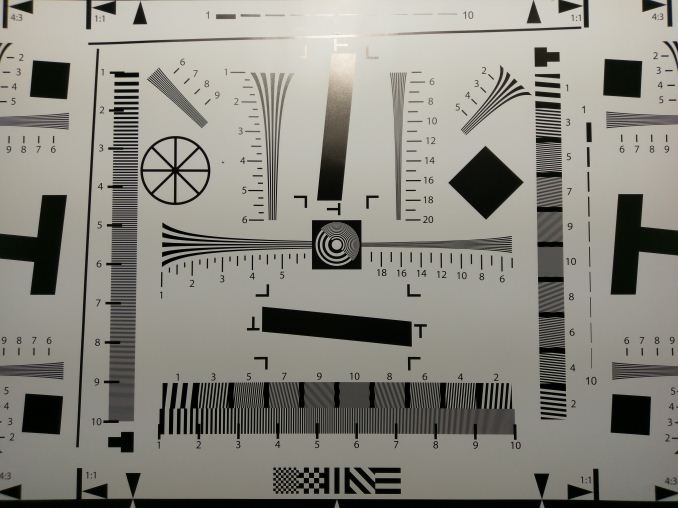






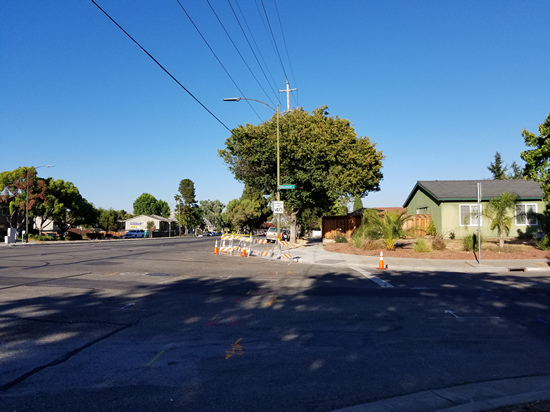
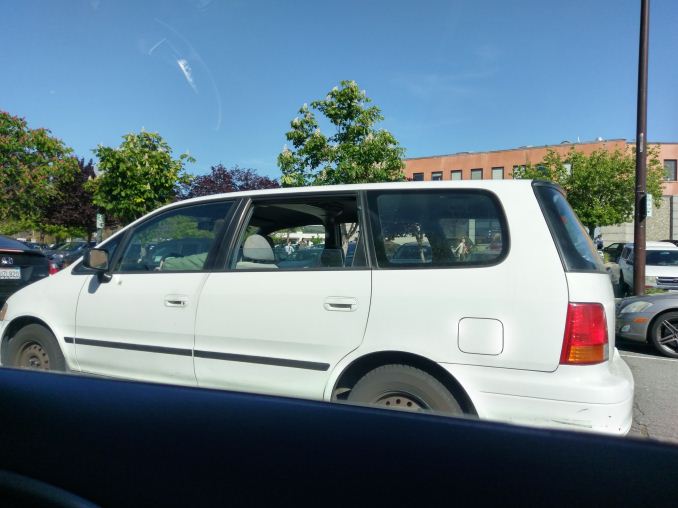

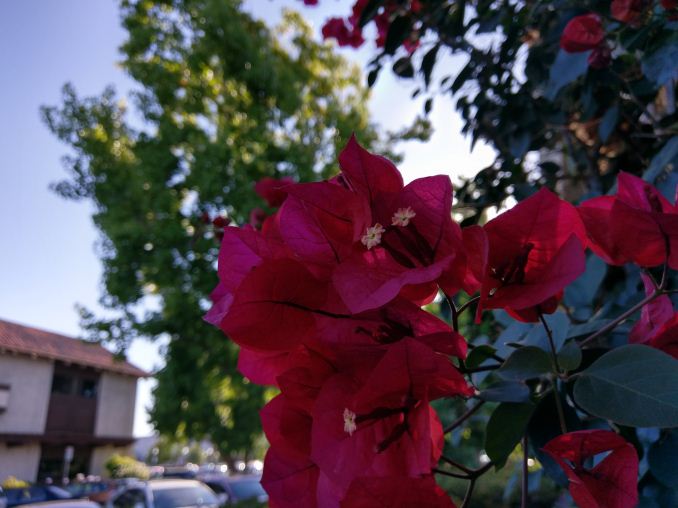
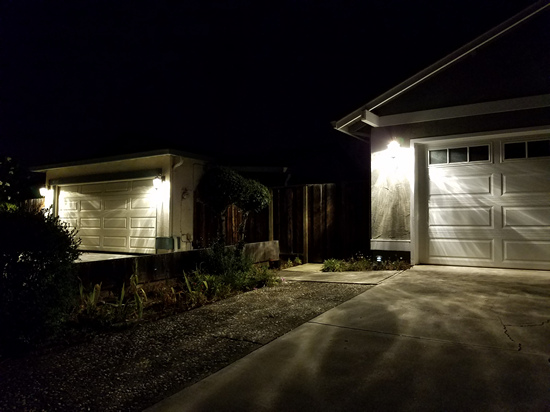
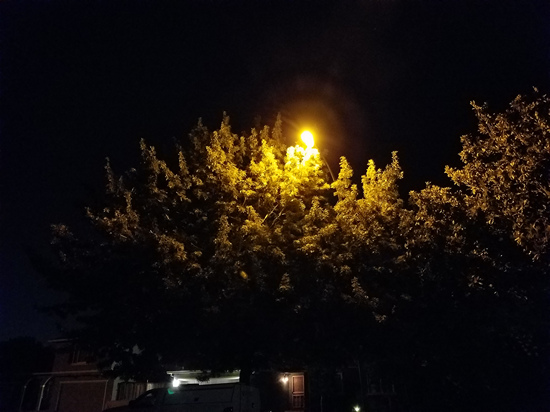
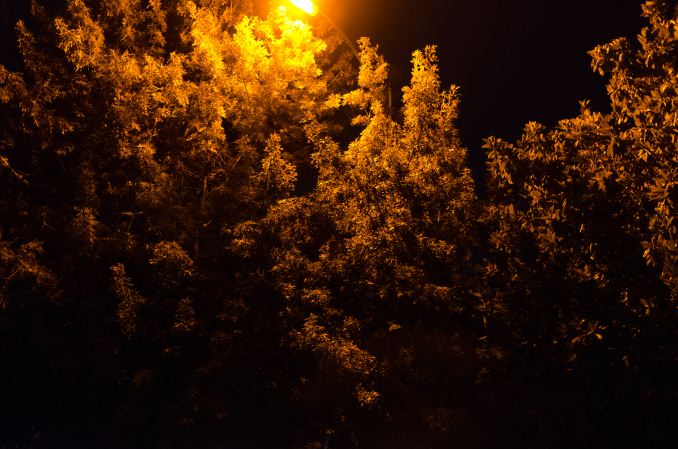
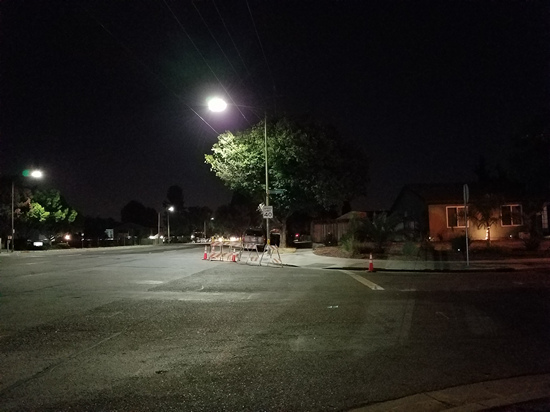
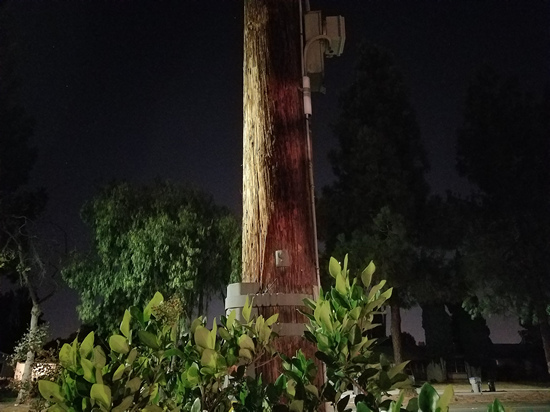
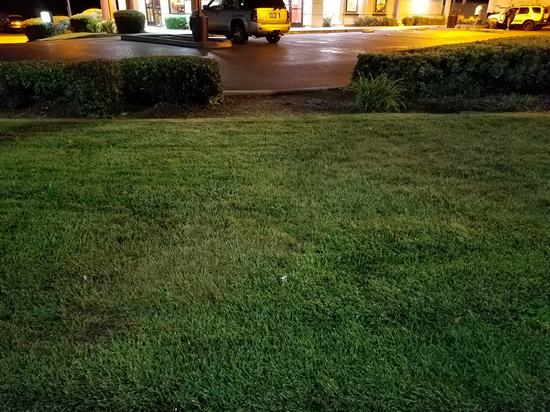








183 Comments
View All Comments
Samus - Monday, September 19, 2016 - link
The only worthwhile android device is a $100 android device like the Moto G Play or something. Why waste money on something that is going to lose all its value in a year to get virtually the same experience.I don't get the concept behind premium android devices. Just makes no sense. The most expensive one I've ever considered is perhaps the $300 OnePlus.
Murloc - Monday, September 19, 2016 - link
I guess taking decent pictures or playing 3D games.I don't do that, so I don't buy high end phones.
Murloc - Monday, September 19, 2016 - link
this isn't any different for iOS or WP devices btwphilehidiot - Tuesday, September 20, 2016 - link
I can absolutely see your point. But conversely my girlfriend bought a cheap Android phone and regretted it massively. Granted it was a crap one but she ended up using my 3 year old flagship device which still works brilliantly. The difference is that now she will use her phone for a lot more, including navigation (which destroyed the battery on the old device and couldn't keep up), youtube (useful for reference when doing something on the car or cooking and you don't have a laptop handy) as well as the much better camera. When previously she wouldn't have bothered using the smartphone camera she now does because a) it's not shite and b) the high quality screen means it's actually worth looking at and sharing photos on the phone. The other thing to remember is that the cameras on many a high end smartphone are approaching what you'd get in many compact cameras (albeit without optical zoom) according to Which? magazine here in the UK. Whilst this is debateable by photography nuts it does mean for the average Joe we get a decent enough camera in our pockets all the time. Not only does this mean you always have a decent camera but it means you don't have to buy one - the savings of which you can add to your device budget. You also have the added advantage of your photos being backed up to the cloud and so if your phone does get nicked then you still have the data. This is not something most stand alone cameras can do as they don't have a mobile data connection.I can see your point but when you have a high end phone and use it for a while it's unlikely you'll want to go back. Myself I go through two whole battery charges a day on my M9 (multiple factors but screen on time is the biggest) and that's simply because I use it for reference during work, emails, reading and editing presentations (try watching a powerpoint presentation with attached videos on a low end device), youtube and web browsing at lunch time and a massive mix of things in between including reading in the pub which isn't exactly pleasant after a while on a low end screen. The other advantage to a high end phone is it's more likely to be supported with security and OS updates throughout the product's lifespan. Partly because it has the power to run the newer features (like split screen multitasking - something I'm looking forward to) and partly because that's what the extra profit margin paid towards. You'll also find that, as software is developed based on the average specs out in the wild, as the average phone spec rises you'll be left behind - this means that applications are updated (mandatorily), you'll often find them slowing down over time as they are aiming for higher and higher specifications over the couple of years you own the device.
Whilst there are some damned good low-mid range Android phones out there, I feel that they are ultimately let down by screen, camera, R&D and long term support. I use my phone to such an extent that it's worth every penny to get something that works properly.
Sorry for the long post but I thought you made such a good point about lower end devices that you deserved someone who does invest in a high end model justifying their reasons why.
darkich - Tuesday, September 27, 2016 - link
^ great post, with which I agree completely, aside from the part about understanding the point to which you replied to.I really doubt Samus has used a true high end Android device enough to warrant an credible opinion.
And he's obviously missing the whole world-changing paradigm of computing that's happening before his eyes.
I suggest him to go read the first and last paragraphs of the Note 7 review on the Verge..that guy simply nailed it.
And that's exactly why myself, after using a Note 3 for three years as my main computer, camera, media and gaming device (still serves me amazingly well but the physical wear and tear started to show, the camera and GPU have become outdated, as well as the battery endurance), am now left waiting for the Note 7 re-release.
There's just no alternative for me.
londedoganet - Monday, September 19, 2016 - link
Oh, is that why every second comment on any article is "where's the HTC 10 review, Anandtech has sold its soul and become Apple shills, even Anand has gone to work for Apple"?jfallen - Monday, September 19, 2016 - link
All this in-depth review of the display but not once did you care to look at it though a set of polarized glasses...If you did you'll note that they polarized the display so that the screen appears black when holding the phone in the normal up-right position while wearing polarized sunnies... UNFORGIVABLE!!! design decision and that's why I don't one.
Still rocking the HTC ONE M7 with it's unpolarised screen, MHC and dual front speakers. The original and still the best ;)
ToTTenTranz - Monday, September 19, 2016 - link
I suffer from this issue with my HTC Butterfly 3 (exclusive japanese model that is pretty much what the M9 should've been), which seems to have this very same 5.2" 1440p screen.I have to say it really bothers me having to hold the phone in landscape if I'm wearing my polarized Oakleys.
Demi9OD - Monday, September 19, 2016 - link
I use a matte screen protector and don't have any problems.ChronoReverse - Monday, September 19, 2016 - link
After I put on my TGSP (Orzly), the polarization issue was resolved for mine (Tianma panel)